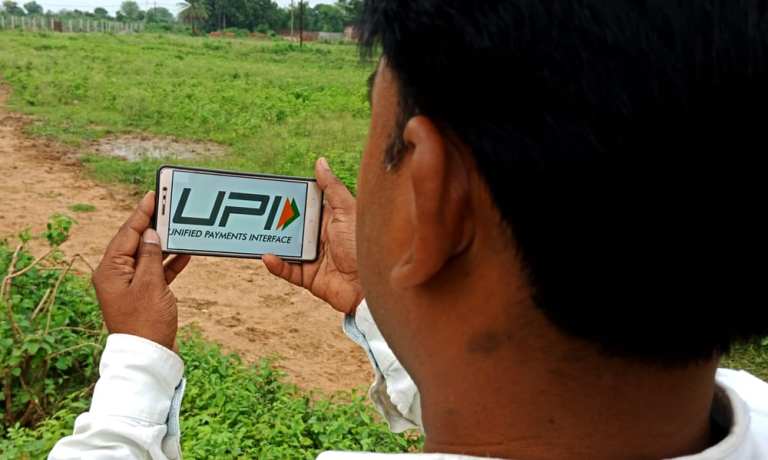
India has seen a steady stream of digital payments since it locked down to prevent the spread of COVID-19, but the nation of 1.3 billion suffers from either a lack of internet or low-speed service, preventing many residents from taking part in touchless payments.
To remedy the problem, the Reserve Bank of India supports an option for offline payments through cards, wallets and mobile devices. The country’s central bank has proposed a pilot program for such a platform with built-in safety and liability protections for users.
In addition, as the number of digital transactions rises, so do disputes. To address grievances, the central bank will require payment system operators to introduce an online dispute resolution center.
According to officials, instructions will be issued shortly. Based on the experience of the pilot, more specific guidelines for the launch will be announced at a later date.
Four years ago, India launched its Unified Payments Interface (UPI). Established by the central bank and owned by a group of local lenders, the instant payment system facilitates inter-bank transactions. The platform’s transaction volume increased to a record $1.34 billion in June as COVID-19 prompted Indians to avoid cash and change their buying behaviors.
Earlier this year, the UPI launched a pilot program in Singapore and held talks with the Bank for International Settlements (BIS), the World Bank and the Bill & Melinda Gates Foundation to explore possible collaborations, according to Dilip Asbe, CEO of NPCI. Asbe said the initiative, directed at Indians who live in the Southeast Asian country, faces travel restrictions. “It’s going to be a long-drawn process,” he said.
Last fall, the central bank issued guidelines for authorization for various payment systems, including the Bharat Bill Payment Operating Unit (BBPOU), the Trade Receivables Discounting System and white-label ATMs.
In July, the National Payments Corp. of India (NPCI) uncovered more than three dozen critical security risks last year, according to an internal government document seen by Reuters. The 2019 audit found that the personal data held by the nation’s primary digital payments system, which is operated by the RuPay card network, was vulnerable.
According to Reuters, the survey found that the NPCI stored names, card numbers and national identity numbers in plain text, potentially allowing cybercriminals access to critical personal information. In response, NPCI said it routinely conducts audits and fixes any vulnerabilities.